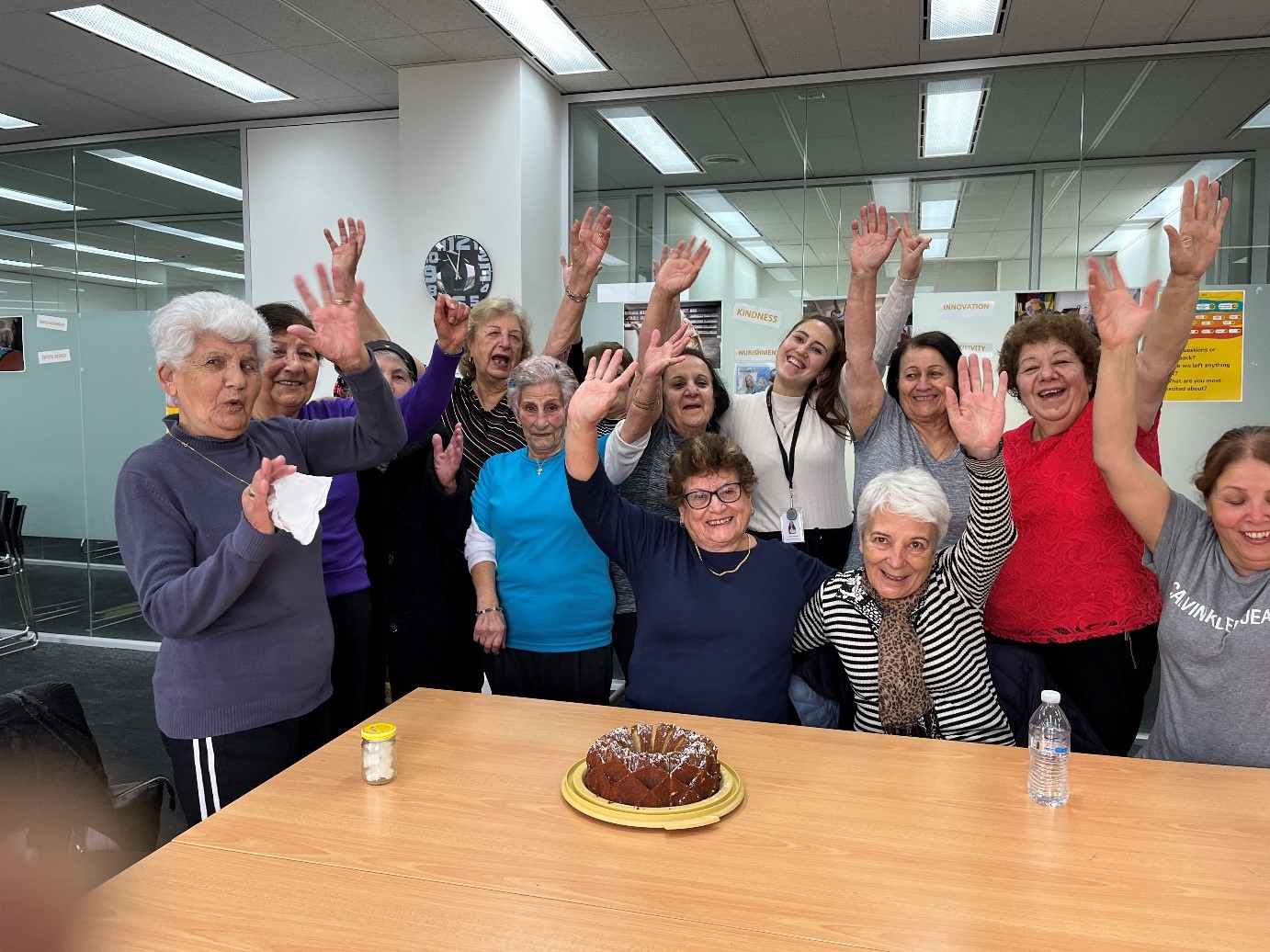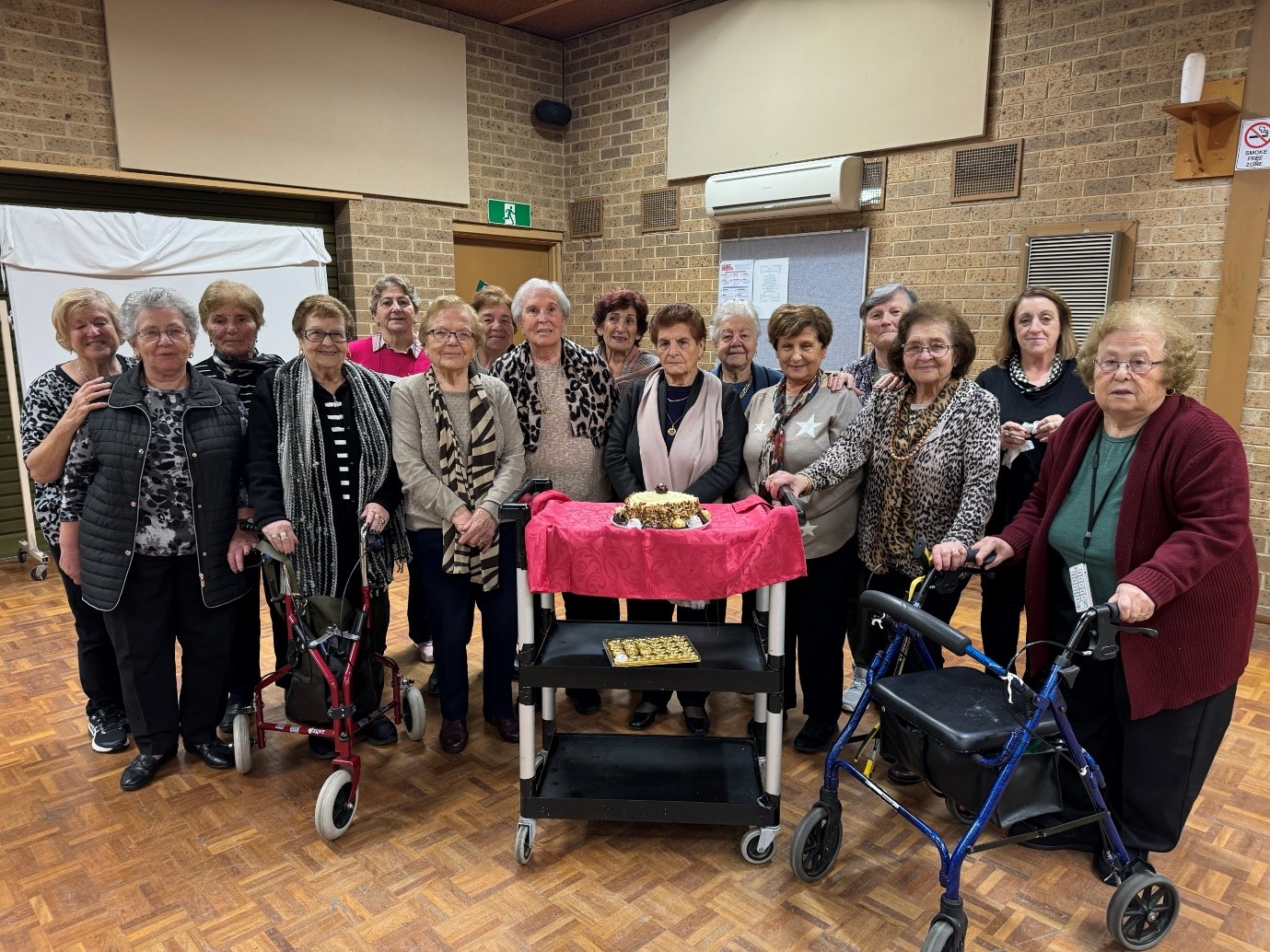Spectrum’s Client Centred In-Language Home Care Services for Seniors from Culturally and Linguistically Diverse Background
We had the pleasure of talking to Aiche Merhi from Spectrum where we asked about Spectrum's client centred in-language home care services for seniors from culturally and linguistically diverse backgrounds.
Aiche tells us that, 'Spectrum's purpose is to leave a legacy behind that's impacting the clients to enhance their quality of life for in-home care and other support as needed. 'What makes it unique is that we tailor services to the client’s native language, where possible, and we actually give power to the client by asking them to share their thoughts on how the service should look for themselves and for the groups as well.'
'What sets Spectrum apart is the fact that we offer individual support and we offer group services support and community support. When it comes to in-home support, we offer a suite of services, whether it be domestic assistance, cleaning, showering, personal care or respite, one-on-one respite, community respite or group services respite where possible. We do try to find the best match for the support workers, and that doesn't have to always be language specific. It's all client centred and how the client is made to feel after the service.'

Aiche further adds that they always ask the client how they wish their service to look like.
'They then guide us by what is culturally appropriate and what isn't. We also offer cultural awareness training at Spectrum for our staff, so they are actually informed of what is permissible when going into someone's home and how they behave and what can be said and what can't be said. We're quite specific in that regards. And 90% of our staff are from culturally and linguistically diverse backgrounds, so they actually have something to relate to.

Aiche says that there's a need in the community for language specific services.
'It was decided many years ago that there was a gap between services delivered for the CALD community and for just all clients in general. We don't differentiate, distinguish between the two. If there's a need for someone who doesn't have a language background, then we can provide that service as well.'

The service they provide needs to be tailored, that is something that they pride ourselves on because they have a diverse workforce.
Aiche adds, 'A diverse workforce has the strong suit of working with someone from their native tongue, which sometimes makes the biggest impact to the client, having someone being able to understand them in their native tongue.'

They are proudly representing over 40 different languages in their support workers.
'We have over hundreds of clients. I can't tell you exactly how many they would be, but I would say we pretty much cover every continent and multiple countries of the continents as well.'

When we asked how the case manager works with seniors from culturally and linguistically diverse backgrounds to ensure they have a say on their services, Aiche replied, 'We review clients regularly on their care plans and we ask them to have their input into their care plans, into what services look like. We are guided by the clients of what their services should be. In saying that, they can tell us what they want and we translate it into a care plan. But ultimately when things do change, we are guided by the client. And then it also comes back to the standards, the quality standards, as well as the duty of care that we have to our clients as well.'
Aiche tells us, 'We've had clients that are home care package clients and we also have CHSP services and they've actually informed the program officer or their case manager that they're actually feeling isolated, they're feeling lonely or they're in need of additional supports at home. We then use our internal services to connect them to other services that can assist them, whether that be from equipment purchases to additional services to participating in group services. The clients ultimately hundred percent of the time, come back and say, ‘I didn't know that I needed this particular service until I tried it.’ We've had a lot of experience in that regard.'

Aiche encourages aged care organisations to be guided by the client and research cultural awareness and safety.
'What fits for one client is not going to work for all clients of the same community. Each one's individual. Each one is so unique.'
'We need to give them their voice and hear what they're actually wanting to see.'

Aiche talks about Spectrum's future plans, 'I think, new services would be something we consider. We are also looking at getting a case manager with a clinical background that can help us with the complex cases, that has more of an understanding when it comes to nursing needs as well.
'I think that's going to set us apart. Because like I said, not one client is the same as the other client and we’re finding more and more increase in clinical needs.'
Thank you Spectrum for your contribution!
